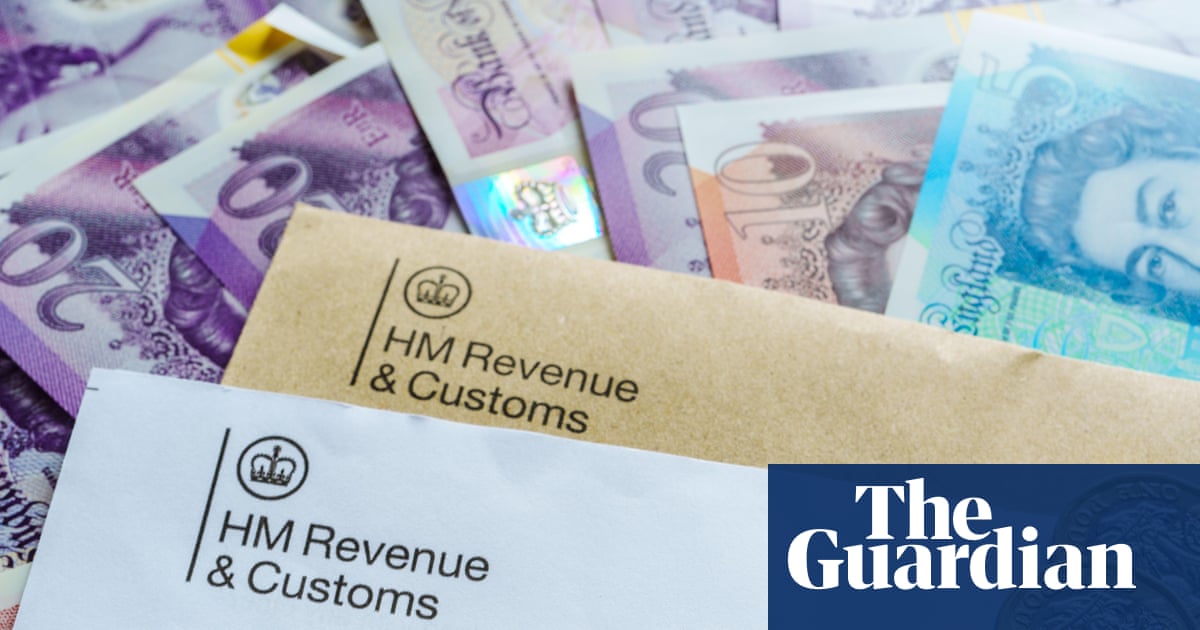Rachel Reeves will punish poorer households more than the better off through the freezing of income tax thresholds announced in Wednesday’s budget, two major thinktanks have said.
The Resolution Foundation said the freeze on income tax thresholds for a further three years to 2031 would harm the living standards of taxpayers in the bottom half of the income scale.
More than 1.7 million workers will be dragged into either paying tax for the first time or pushed into a higher band by an additional three-year freeze on income tax and national insurance thresholds. Reeves conceded it would hit “working people” but denied it constituted breaking the Labour manifesto and said it would bring in £12.4bn by 2030-31.
Ruth Curtice, the chief executive of the Resolution Foundation, said the chancellor should have instead increased headline income tax rates to bring in extra revenues, which would have affected all households, but generated more cash for the Treasury from the better off.
She said: “The manifesto tax pledge has cost working people. Having previously hinted at raising income tax rates, the chancellor chose instead to freeze personal tax thresholds for three more years.”
A 1p tax rise would have raised the same amount of money but been less costly than freezing thresholds for anyone with an income below £35,000, she said.
She added: “Indeed, all but the top 10% of the income distribution are worse off because of opting for threshold freezes over rate rises.”
“Ironically, sticking to her manifesto tax pledge has cost millions of low-to-middle earners, who would have been better off with their tax rates rising than their thresholds being frozen.”
Last month Reeves hinted that she might break Labour’s manifesto promise to not raise income tax, national insurance or VAT by adopting a plan put forward by the Resolution Foundation for a 2p income tax rise offset by a 2p national insurance cut that would have only left taxpayers on incomes above £50,000 worse off. However, she later U-turned and backed away from the income tax rise.
The National Institute of Economic and Social Research, which criticised the budget for “lacking economic vision”, said: “Distributionally, the extension of the income tax threshold freeze to 2030 will fall disproportionately on the bottom half of the income distribution.”
In a review of the budget, the thinktank said an extension of the Treasury’s financial buffer from £10bn to £22bn had calmed financial markets, but had left the chancellor with little room to boost economic growth.
It said the budget “locks in a high-tax, high-debt steady state in a world of low productivity growth and higher interest rates”.
skip past newsletter promotion
Sign up to Business Today
Get set for the working day – we’ll point you to all the business news and analysis you need every morning
Privacy Notice: Newsletters may contain information about charities, online ads, and content funded by outside parties. If you do not have an account, we will create a guest account for you on theguardian.com to send you this newsletter. You can complete full registration at any time. For more information about how we use your data see our Privacy Policy. We use Google reCaptcha to protect our website and the Google Privacy Policy and Terms of Service apply.
after newsletter promotion
The budget speech was overshadowed by the early release of forecasts by the Office for Budget Responsibility before the chancellor’s set-piece in the House of Commons.
The Resolution Foundation said the chancellor delivered “a far more upbeat budget than many were expecting, with significant cost-of-living support and sensible, progressive measures that reduce some of the distortions in the tax system”.
But added: “It was far from pain-free, with major tax rises and cuts to public services coming down the line.”
It said claims by the chancellor that government departments would avoid a squeeze on spending were misplaced, saying tighter spending in the last years of the government would almost match the cuts imposed by the former Conservative chancellor George Osborne after the 2010 election.
“The departmental spending cuts announced in 2029-30, coupled with the government’s commitment to raise health and defence spending and protect per-pupil school funding, imply £6.4bn of cuts to other departments like the Home Office, justice and local government.
“Cuts of this nature would be equivalent to 88% of the average annual cuts made during the austerity years – 2009-10 to 2018-19,” it said.

